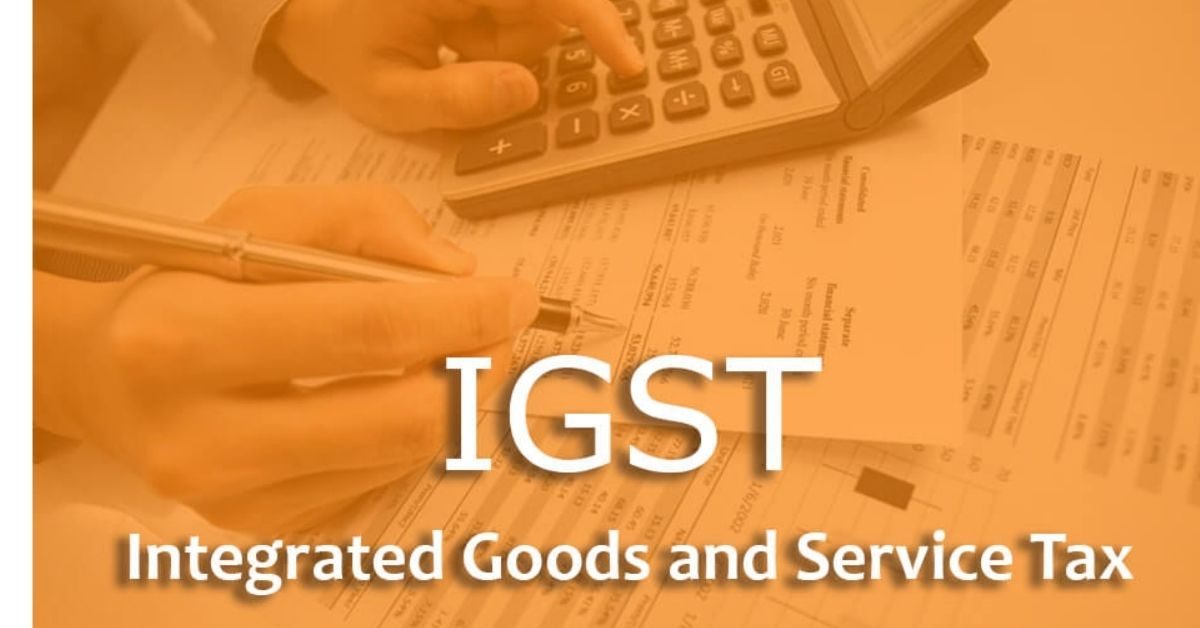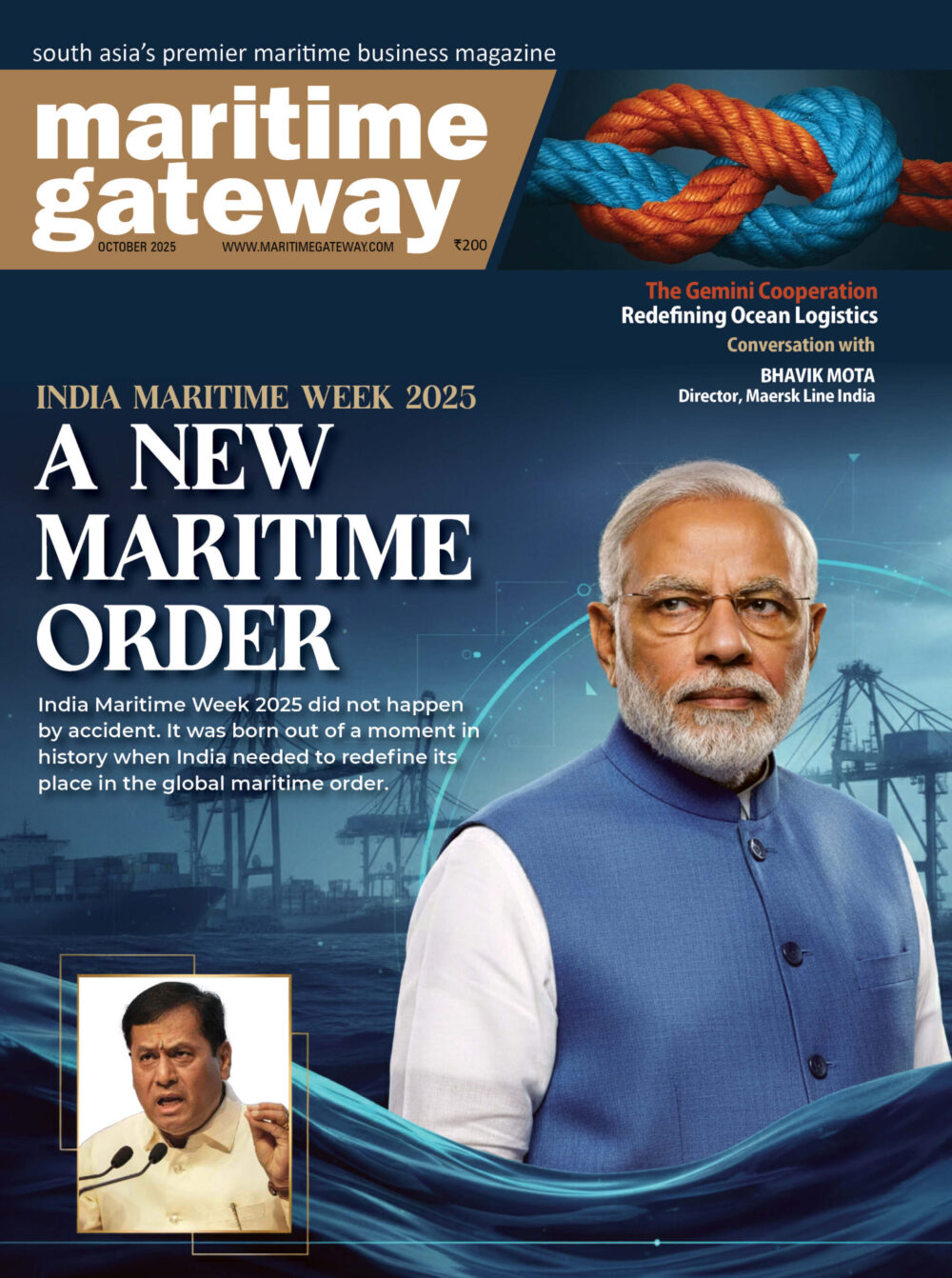The exemption from GST on export freight was extended twice by the government after it was introduced in 2018 and the last extension ended on 30 September 2022 after a two-year run.
India’s harried exporters led by the Federation of Indian Export Organisations (FIEO) have approached Finance Minister Nirmala Sitharaman seeking extension of previously granted exemption from Goods and Services Tax (GST) on export freight, citing that a non-extension “will add to their liquidity challenges”.
The exemption from GST on export freight was extended twice by the government after it was introduced in 2018 and the last extension ended on 30 September 2022 after a two-year run.
Exporters will have to pay GST of 18 percent on export ocean freight if the exemption is not extended for a further period which would raise the logistics costs for Indian goods in the global market, says exporters.
FIEO President Dr A Sakthivel, apprised Finance Minister Sitharaman in a 2 October email on the repercussions of ending the exemption.
“Overseas freight has gone up by 300-350 percent from pre-covid levels and though there is little correction in the freight rate recently, freights are still 200-250 percent more than at 2019 levels. Therefore, payment of GST on such high freight rates will affect the liquidity of the exporters to a large extent particularly as the interest rates have also moved northward with the recent hike by the Reserve Bank of India (RBI),” Sakthivel wrote in the email seen by ET Infra.
The payment of GST on export freight and subsequent refund particularly through ITC mechanism comes with a time lag of 2-3 months or so, though refund through IGST mechanism is faster, he said.
“Such a move will affect our agriculture exports the most as in many cases of export of fruits and vegetables, the air freight, at times, is much higher than the freight on board (FOB) value of exports. Therefore, exporters would be required to pay a very high GST amount on such freight adversely impacting the cash flow,” he stated.
Global trade, according to the FIEO President, is “entering a very difficult phase as countries are facing high inflation and impending recession affecting the demand”. This is evident from India’s slowing export growth rate between April and August.
“Indian exporters are trying their level best despite the rupee being one of the most resilient currencies in the world thus not providing less competitiveness to our exports as compared to our competitors as most currencies have depreciated at a much steeper pace,” he pointed out.
Sakthivel said that GST on export freight is “revenue neutral” as exporters will pay the same and subsequently get a refund.
“This may augment the liquidity of the Government but at the cost of the exporters. Since the cost of credit for the exporters is much high, an exemption will help the export sector to have better liquidity, which is the need of the hour,” he said while urging the finance minister to extend the exemption for a further period to free the exporters from the ordeal of arranging further funds. “An early decision will be very much appreciated by the exporting community which is passing through a difficult phase and is likely to become further difficult in months to come,” he added.









